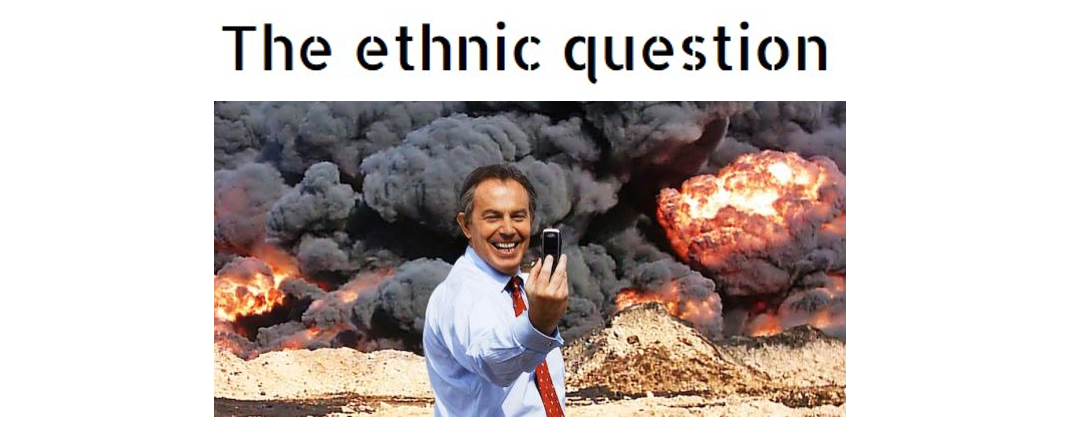In his 2011 paper "Institutional Rigidity and Evolutionary Theory: Trapped on a Local Maximum", Dr Ian S. Lustik describes how institutions impact on individual and group behaviour because of the way they affect thought processes and inspire attachments. Lustik comments that "limits to effectiveness, pace of institutional change and reasons for resistance to change are not fully understood" and in response to this he addresses these issues using evolutionary theory.
"In any case, this notion - that "history is efficient" - is certainly not an implication of evolutionary theory, not in the natural world and not in the social world either. Indeed it is the very effectiveness of evolutionary theory in accounting for suboptimality that offers political scientists and social scientists more generally, an approach to explaining the prevalence, not only of institutional suboptimality, but to the combination of adaptation and extreme resistance to change that institutions display."
Lustik is essentially describing how evolutionary theory accounts for the inefficiencies it is heralded as capable of ridding. The implications of this in political science theory is when group memory is used to implement improvement and progress the group, it is likely to do so in reaction to past experience, which can only foresee short-term future obstacles. Lustik draws comparison here between Gaullist France and Israel, where revolution in the former created a better, more suitable form of government to supersede one that had evolved to perform well in its institutions but could not withstand the driving effects of change elsewhere. In the latter, however, it still waits to be seen if a revolutionary force strong enough can drive change in a state whose government is so comfortable in its political institutions and dependant on deeply embedded arrangements with "small religious and highly ideological right-wing groups that prevent any realistic peace plan from being put forward."
In light of the recent elections it is interesting that America faces similar evolutionary problems in that:
"In the United States, the Madisonian system described in Federalist 10, that prevents tyranny by dividing and balancing power among states, Houses of Congress, and branches of the Federal government, has also institutionalized a kind of gridlock in so many domains that the confidence of the American people in its government is falling to record lows. Just as Washington may well be understood as stuck on a local maximum—fit enough to allow incumbents to be re-elected, but not fit enough to solve the problems posed to it in the twenty-first century while enabling re-election–so may we understand the predicament of the Republican Party in this election cycle. As has been widely observed, any candidate wishing to win the Republican nomination may be forced to position himself or herself in such a way as to attract Tea Party support; thereby greatly complicating if not rendering impossible the rapid adaptation that will be necessary to achieve a position on the rugged ‘electability’ fitness landscape near the position that wins by attracting dependents and conservative Democrats."
Blogger/political scientist Jay Ulfelder comments on this article:
"Political regime types are the species of comparative politics. They are “analytic categories invented by observers to correspond with stabilized patterns of exhibited characteristics.” In short, they are institutionalized ways of thinking about political institutions. The patterns they describe may be real, but they are not essential. They’re not the natural contours of the moon’s surface; they’re the faces we sometimes see in them."
He also refers to Mary Goodden's 2010 picture titled "Video Game Taxonomy" from her website Well-Rendered.com, which was initially created jokingly, but actually has some relevance to how we categorise the way we think in an attempt to provide inter-connectedness and meaning.
The development of groups as evolutionary entities can certainly be useful in terms of providing an answer to symptoms of social breakdown and conflict, but only so long as we are careful it does not become another category with which to cauterise free and progressive thinking on the subject.


Perhaps this approach could be combined with Benedict Anderson's approach to group memory to form a theory of the way communities imagine their own progression?
ReplyDeleteFor a discussion on how we think as human beings about other human beings and how we come to categorise ourselves see:
Deletehttps://plus.google.com/116579220962968018707/posts/NYmSti72Z2L